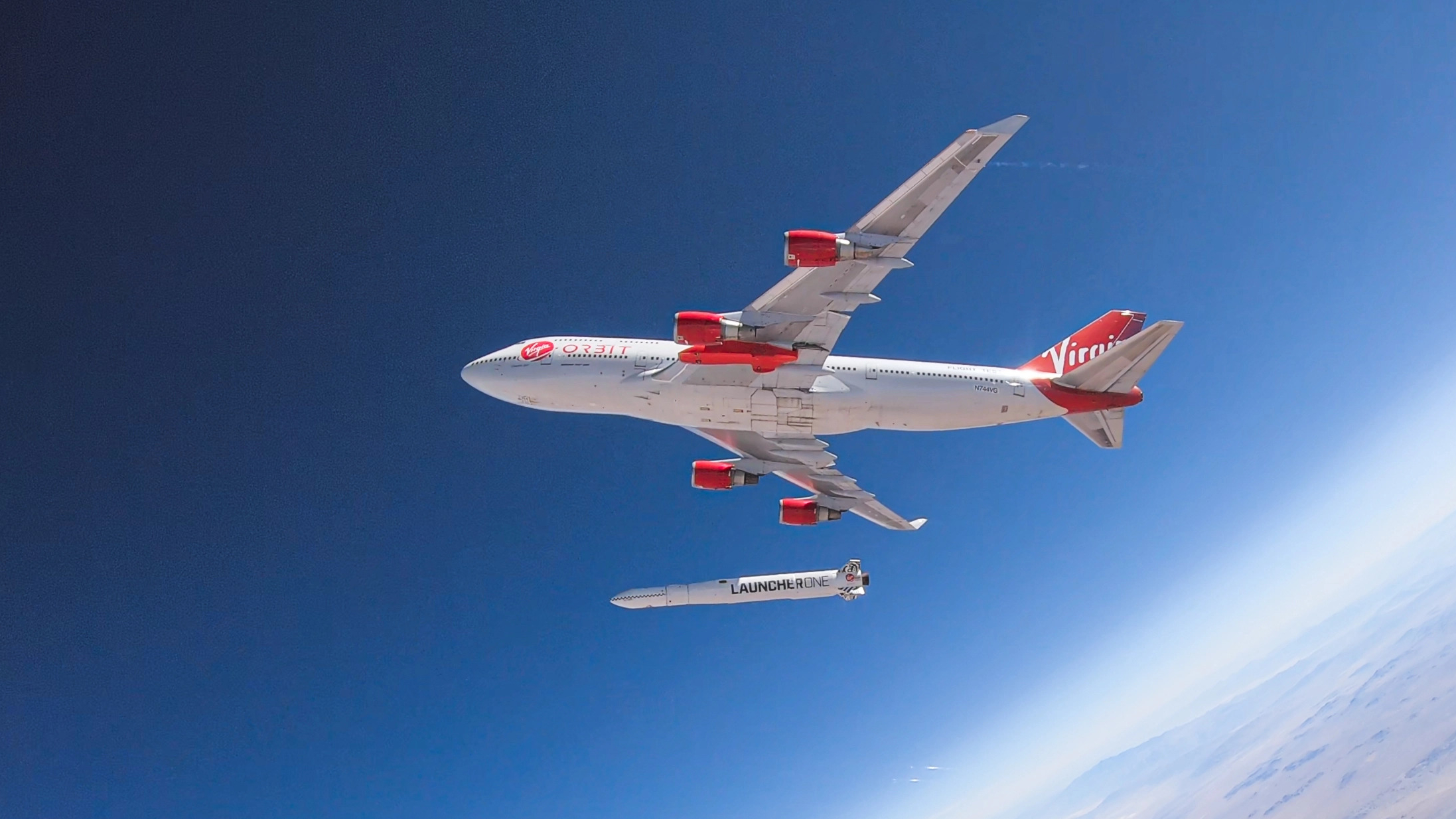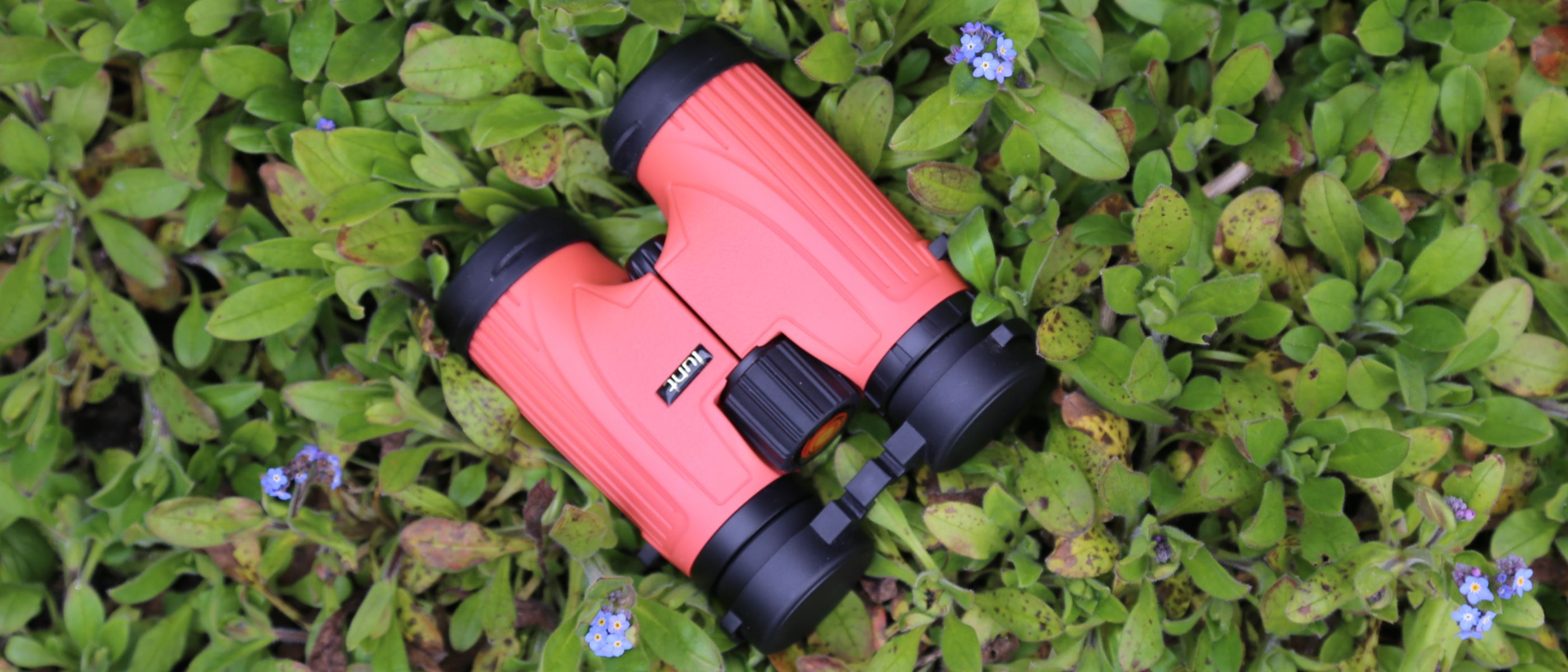
A wandering fuel filter apparently doomed Virgin Orbit's historic launch from England last month.
That Jan. 9 mission, called "Start Me Up," was the first orbital attempt ever to take off from U.K. soil. But it didn't go as planned.
Virgin Orbit's Cosmic Girl carrier plane lifted off from Spaceport Cornwall and dropped the 70-foot-long (21 meters) LauncherOne rocket on schedule. But LauncherOne encountered problems during its second-stage engine burn, leading to the loss of the rocket and all nine of the satellites it was carrying.
Related: Failed Virgin Orbit launch leaves open opportunity for UK as a space 'underdog'
Last week, during a conference in California's Silicon Valley, Virgin Orbit CEO Dan Hart said the company had found a likely proximate cause for the failure — a fuel filter in the rocket's second stage that got knocked out of place during flight.
That remains the leading diagnosis, the company announced in an update on Tuesday (Feb. 14).
"The data is indicating that, from the beginning of the second stage first burn, a fuel filter within the fuel feedline had been dislodged from its normal position," Virgin Orbit representatives wrote in the update.
Get the Space.com Newsletter
Breaking space news, the latest updates on rocket launches, skywatching events and more!
"Additional data shows that the fuel pump that is downstream of the filter operated at a degraded efficiency level, resulting in the Newton 4 engine being starved for fuel," they added. "Performing in this anomalous manner resulted in the engine operating at a significantly higher than rated engine temperature."
The abnormally high temperatures caused multiple components to malfunction, which in turn led to "early thrust termination" on the second stage and the end of the mission.
While this isn't the final word on the Jan. 9 anomaly — the investigation continues — Virgin Orbit is taking action to ensure a filter problem doesn't crop up on future flights.
The company is "modifying our next rocket with a more robust filter, and we are looking broadly to assure that all credible contributors to mission failure are rooted out and addressed," Hart said in Tuesday's update. "With those modifications being incorporated on our factory floor, we will proceed cautiously toward the launch of our next rocket, which is well into the integration and test process."
That next mission will lift off from Mojave Air and Space Port in California, as did all five of Virgin Orbit's orbital attempts before "Start Me Up." The four most recent Mojave missions were successful, delivering a total of 33 satellites to orbit for a variety of customers. The company's first-ever liftoff, a test flight from Mojave in May 2020, was a failure.
The company plans to announce more information about the next mission "in the coming weeks," according to Tuesday's update.
Mike Wall is the author of "Out There" (Grand Central Publishing, 2018; illustrated by Karl Tate), a book about the search for alien life. Follow him on Twitter @michaeldwall.Follow us on Twitter @Spacedotcom or Facebook.
Join our Space Forums to keep talking space on the latest missions, night sky and more! And if you have a news tip, correction or comment, let us know at: community@space.com.

Michael Wall is a Senior Space Writer with Space.com and joined the team in 2010. He primarily covers exoplanets, spaceflight and military space, but has been known to dabble in the space art beat. His book about the search for alien life, "Out There," was published on Nov. 13, 2018. Before becoming a science writer, Michael worked as a herpetologist and wildlife biologist. He has a Ph.D. in evolutionary biology from the University of Sydney, Australia, a bachelor's degree from the University of Arizona, and a graduate certificate in science writing from the University of California, Santa Cruz. To find out what his latest project is, you can follow Michael on Twitter.










